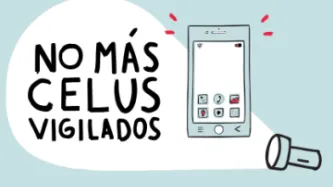Search
Content type: Case Study
Facial recognition technology (FRT) is fairly present in our daily lives, as an authentication method to unlock phones for example. Despite having useful applications, FRT can also be just another technology used by those in power to undermine our democracies and carry out mass surveillance. The biometric data collected by FRT can be as uniquely identifying as a fingerprint or DNA. The use of this technology by third parties, specially without your consent, violates your right to privacy.
The…
Content type: Examples
In late 2018, researchers at SINTEF Digital Norway, ETH Zurich, and Berlin's Technical University discovered a new and serious vulnerability in several generations of the cellular mobile communications protocols: 3G, 4G, and the upcoming 5G. The flaw affected Authentication and Key Agreement, which negotiates and establishes authentication between cellular networks and users' phones. AKA as designed for 5G was intended to close a vulnerability in 3G and 4G that allows fake base stations, known…
Content type: News & Analysis
This blog was written by Fundación Karisma, a member of the Privacy International Network. It does not necessarily reflect the views or position of Privacy International.
The Colombian General Prosecutor said recently that the blocking of IMEI is not working. He is talking about a registry created in 2011 that aims to reduce cellphone theft by blocking reportedly stolen phones of Colombian networks.
Fundación Karisma has been following this program and now, after six years…


